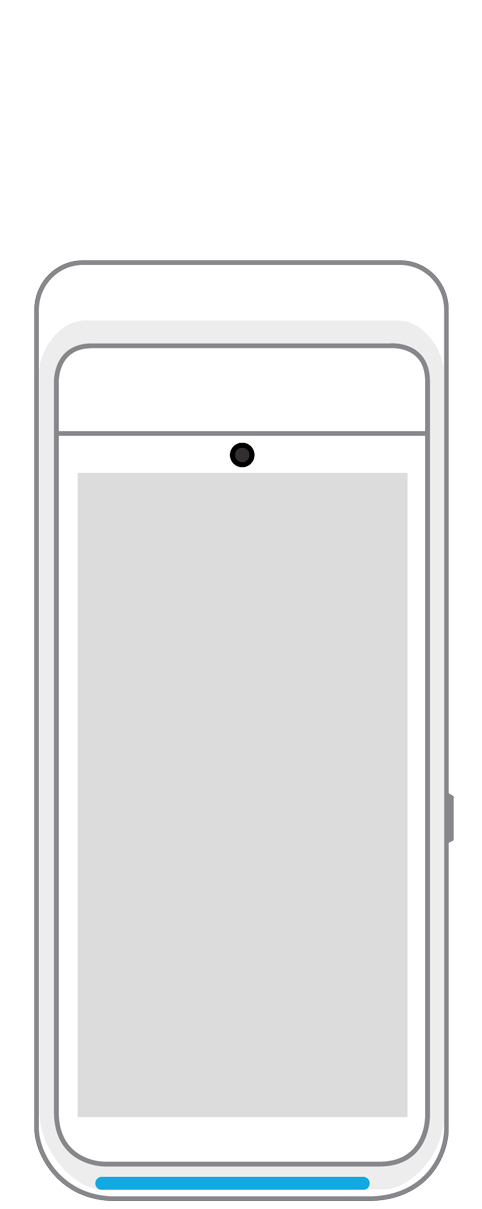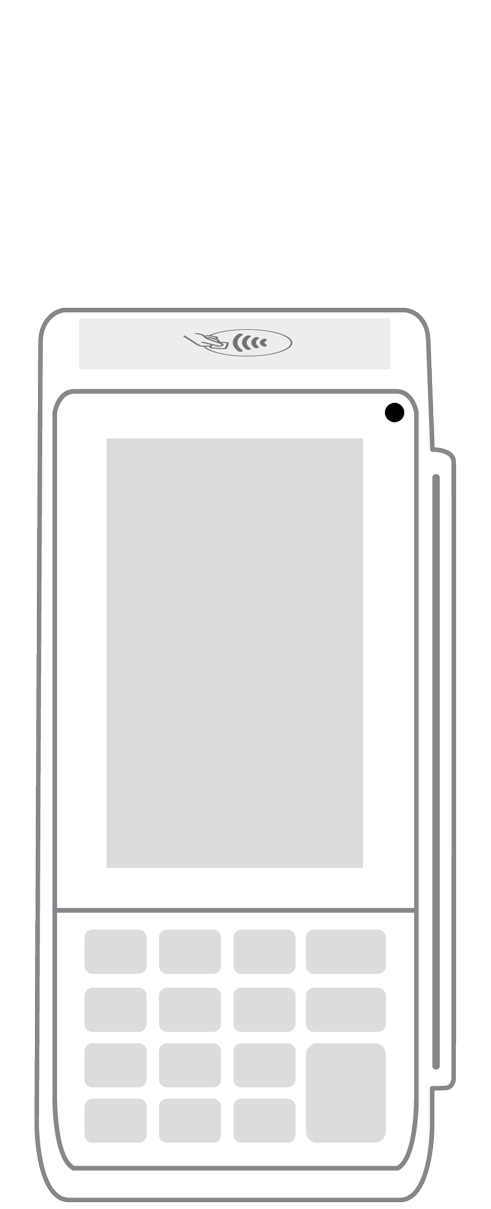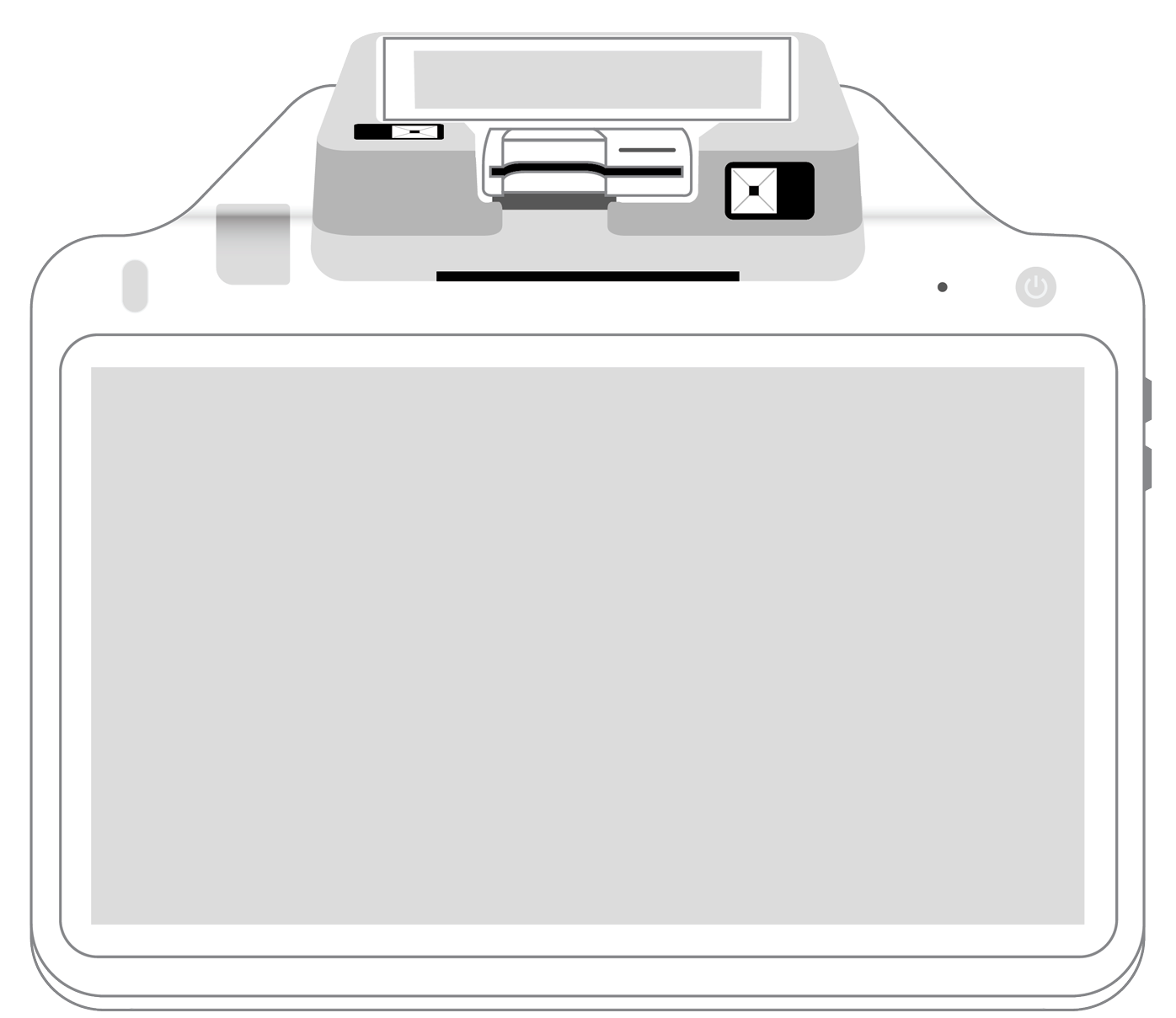How to Choose the Right CMS for Your Business

 WordPress and Drupal have been fighting over the title of best content management system for years. Though WordPress has over 140 million downloads, Drupal is known for being the perfect “one size fits all” system. Since both of the website creation tools have their own strengths and assets, what really makes one better than the other is up to you and your business. Take some time to determine which of the following key factors are most important for your business’s success, and thus which system would work best for you.
WordPress and Drupal have been fighting over the title of best content management system for years. Though WordPress has over 140 million downloads, Drupal is known for being the perfect “one size fits all” system. Since both of the website creation tools have their own strengths and assets, what really makes one better than the other is up to you and your business. Take some time to determine which of the following key factors are most important for your business’s success, and thus which system would work best for you.
Simplicity. As far as ease of use goes, WordPress definitely trumps Drupal. With its easy-to-understand user border, the system makes navigation of the site and customization extremely simple and clear. Not only does it offer numerous theme options, but it also gives you hundreds of thousands of plugins to choose from as features to your CMS. With every option categorized and neatly outlined, less time and stress are required for the development of the site.
SEO Strength. Since both programs were created to help produce the best search-engine friendly sites, WordPress and Drupal are both secure in the SEO department. However, if you know that your website will be offering a lot of content, such as an e-commerce site, Drupal would prove to be the better choice with its promise to “handle hundreds of thousands of pages of content with ease.”
Enterprises. Since Drupal is the better choice for sites with more content, it is also the better choice for enterprises. Large businesses with a bulk amount of content would be much more secure with the Drupals access control list capabilities and strong version controls. It even automatically scales to accommodate varying amounts of users. Since WordPress was originally created to aid in the use of blogs, it is usually recommended only for small and medium-sized business websites.
Multiple Authors. If you plan to have more than one author working on your site, WordPress is definitely your best option. In fact, the system was created to enable the postings of multiple, various authors, as well as guest-bloggers.
Security. If you are worried about hacking possibilities and thus refuse to install third-party plugins, Drupal is the better option for you. Due to its millions of installations, security issues are definitely higher with WordPress. Drupal protects its users to the next level by providing them with security reports detailing their websites and software installations. So if your business is one that deals with confidential or financial information, rest assured in the maximum security capabilities of Drupal.
Design. When it comes to design capabilities, Drupal definitely has the advantage. While WordPress offers the ability for an appealing website, the options are quite limited when compared to the numerous, superior, and unique design features offered by Drupal. If you are going for a more simplistic style, WordPress would be the choice for you with its thousands of free theme options. On the flip side, if you are aiming toward a feature-rich and data-intensive, impressive website, Drupal is the program you need.
Cost. If affordability is your main concern, WordPress would probably be best for you since the cost of using Drupal does seem to add up. Drupal does not offer any free plugins or even any basic themes – meaning you will most likely need to hire a developer in order to get started. Not only that, but Drupal is a very complicated system, so it requires much time for trial and error to finally get it right. However, most state that the end results are definitely worth the extensive effort. Simply put, though, WordPress is definitely more cost-friendly.
With all of these and many more aspects to each program, it really comes down to what you feel is best for your business and you. Ultimately, the system that leaves you feeling most comfortable and secure is the CMS that is best for you.
 3-in-1 Reader |  Terminal |  Keypad |  PINPad Pro |  Flex |  POS+ | |
|---|---|---|---|---|---|---|
Payment types | ||||||
EMV chip card payments (dip) | ||||||
Contactless payments (tap) | ||||||
Magstripe payments (swipe) | ||||||
PIN debit + EBT | ||||||
Device features | ||||||
Built-in barcode scanner | ||||||
Built-in receipt printer | ||||||
Customer-facing second screen | ||||||
External pinpad | ||||||
Wireless use | ||||||
Network | ||||||
Ethernet connectivity | With dock | |||||
Wifi connectivity | ||||||
4G connectivity | ||||||
Pricing | ||||||
Free Placement | ||||||